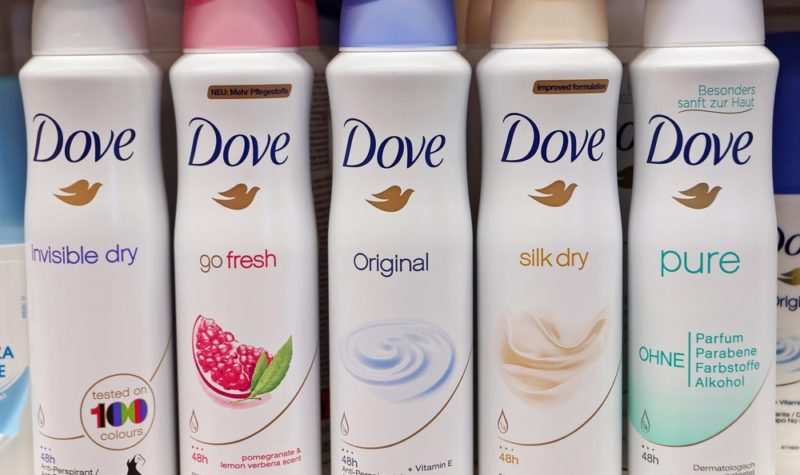Why BAT and Unilever shares offer dividend investing appeal

Income investing continues to be a relatively challenging pursuit. Low interest rates, a FTSE 100 index that yields a somewhat modest 3.3%, and rampant inflation mean it is difficult to obtain a generous income return that has the potential to grow at a brisk pace over the coming years.
However, FTSE 100 stocks British American Tobacco (LON: BATS) and Unilever (LON: ULVR) could offer a worthwhile long-term income outlook. Their share prices appear to offer good value for money at the present time, while their capacity to raise already generous dividends could mean they provide a degree of inflation protection in the current investment landscape.
BAT
BAT’s share price performance over the past five years has been hugely disappointing. Despite the firm’s vast investment in next-generation products, such as heated tobacco, investor sentiment towards the company has deteriorated. As a result, its shares trade 37% down on their level from five years ago.
Poor share price performance over recent years means that BAT offers a dividend yield of 6.6%, which is twice that of the FTSE 100. In addition, its dividends could prove to be more resilient than those of index peers amid an uncertain economic outlook due to demand for the firm’s products being relatively robust. And, with significant pricing power as a result of demand for tobacco-related products being relatively price inelastic, the company’s dividend growth rate could offer some protection from high inflation.
Trading on a forward price-earnings ratio of 9, BAT shares appear to offer a wide margin of safety. The company’s fast-paced growth in new product categories, which reached in excess of 50% in its latest full year, does not appear to be priced into its shares. Although it recently revised down expectations for the current year due to its exit from Russia in response to the war in Ukraine, its long-term income potential appears to be attractive.
Unilever
Unilever’s share price performance has also been somewhat disappointing over recent years. In particular, its 16% drop in the past year compares unfavourably to the FTSE 100’s 11% rise.
Although question marks over the firm’s focus on sustainability have emerged of late, Unilever continues to offer a sound long-term growth outlook. Its diverse range of high-quality consumer brands and exposure to emerging economies that could offer relatively high growth rates suggest it may currently be undervalued while it trades on a forward price-earnings ratio of 17.5.
In terms of income appeal, the firm’s shares currently offer a dividend yield of just over 4%. Clearly, rising input costs could put pressure on Unilever’s margins and high inflation that reduces real incomes for consumers may encourage them to trade down to cheaper substitutes. However, with many of its products enjoying a high degree of customer loyalty, the company may be in a better position to pass higher costs on to customers than its recent share price performance suggests.
Encouragingly, the company now generates 13% of its sales from direct-to-consumer online channels that grew at a 44% rate in its latest financial year. This could provide an additional growth catalyst, while also strengthening the firm’s capacity to pass higher costs on to consumers due to its direct relationship with them.
Comments (0)